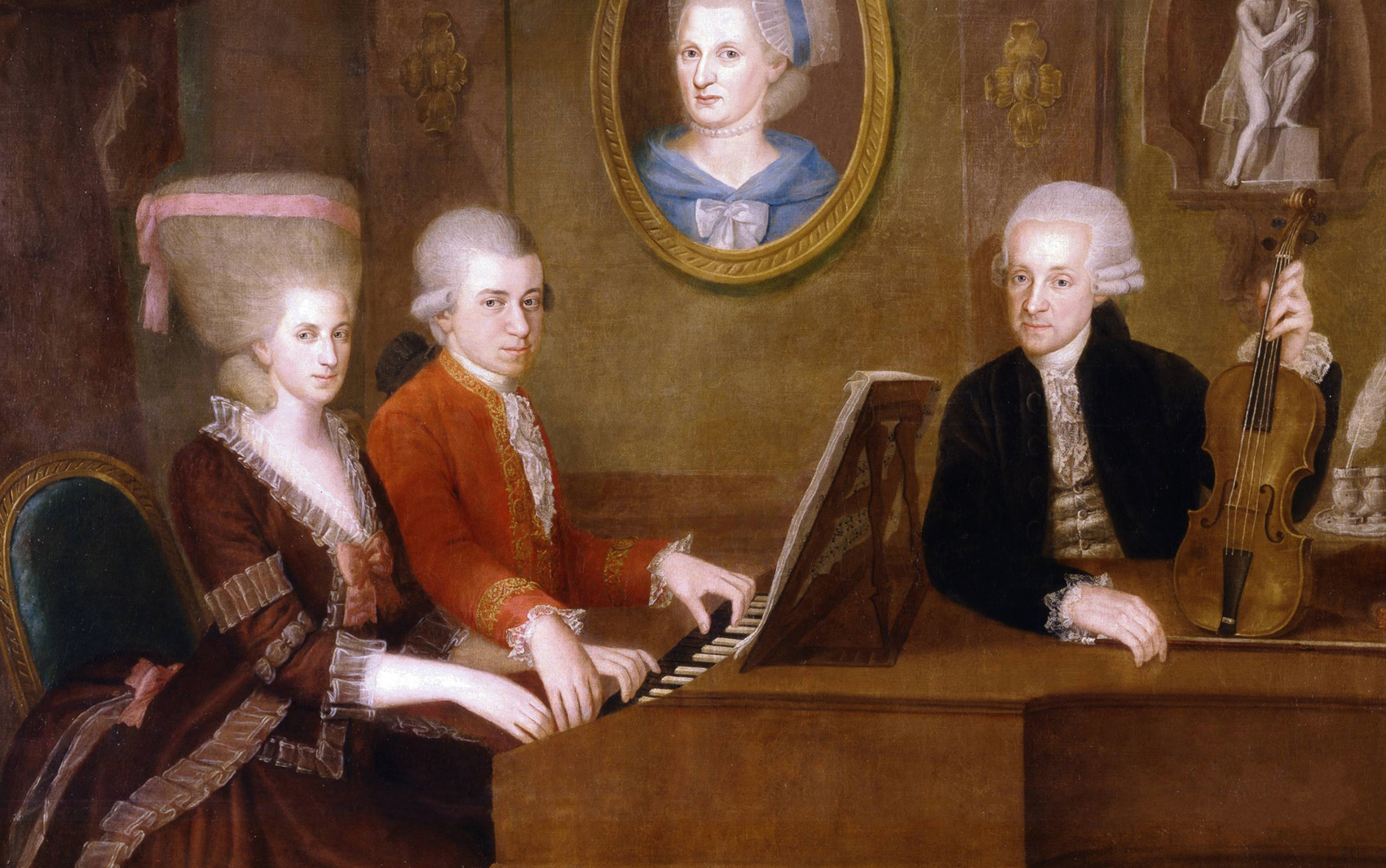
10 facts about Mozart
One of the greatest composers of all time, let’s get to know Wolfgang Amadeus Mozart.
- Child Prodigy: Mozart showed prodigious musical talent from a young age. He composed his first piece, a minuet, at the age of 5 and started performing in front of European royalty by the time he was 6.
- Astounding Output: Mozart’s musical output was nothing short of remarkable. Over his short life, he composed more than 600 works, including symphonies, concertos, operas, chamber music, and choral compositions.
- Musical Genres: Mozart’s mastery extended across various musical genres. He excelled in opera composition, with notable works like The Marriage of Figaro, Don Giovanni, and The Magic Flute. His symphonies, such as Symphony No. 40 and Symphony No. 41 (Jupiter Symphony), are considered masterpieces of the classical era.
- Language Proficiency: Mozart was fluent in multiple languages, including German, Italian, French, and Latin. This linguistic versatility enabled him to compose and perform in different countries and connect with diverse audiences.
- Musical Innovations: Mozart’s compositions played a crucial role in shaping classical music. He expanded the symphonic form, introduced complex harmonies, and pushed the boundaries of operatic conventions, combining drama and music seamlessly.
- Piano Virtuoso: Mozart was a skilled pianist and renowned improviser. His piano concertos, such as the exquisite Piano Concerto No. 21, showcase his technical prowess and ability to infuse emotion into his performances.
- Mysterious Requiem: Mozart’s final and unfinished composition was the Requiem in D minor. Commissioned anonymously, the circumstances surrounding its composition and the extent of Mozart’s involvement remain the subject of intrigue and speculation.
- Musical Memory: Mozart had an extraordinary musical memory. He could reportedly hear a piece of music once and then reproduce it flawlessly on the piano, sometimes even making improvements to the original composition.
- Composing in His Mind: Mozart had a unique ability to compose music in his mind before putting it on paper. He would envision entire orchestral scores, complete with multiple instruments and intricate harmonies, without the need for extensive revisions.
- Influence on Future Generations: Mozart’s impact on the world of music extended beyond his own era. His works influenced composers such as Beethoven, Schubert, and Brahms, and continue to be revered and performed by musicians and orchestras worldwide.
Experience Wolfgang Amadeus Mozart’s brilliant music in Idomeneo, presented at the Palais Theatre 4 – 8 July.
